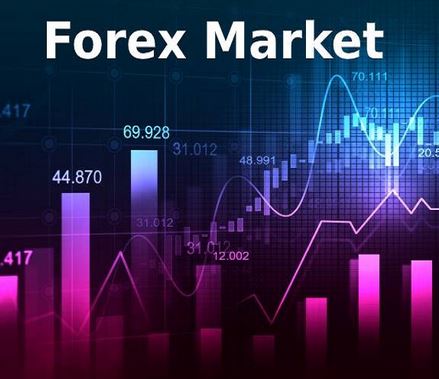A major benefit of investing is building wealth and making money work for you. Forex trading is often the first thing new traders encounter when researching ways to invest online.
Often, investors seek perspective by breaking down the pros and cons of different investment markets (forex, futures, indices, etc.) and adding those attributes to a trading equation to determine if a particular market, trading style, and learning curve are feasible and worthwhile.
Today’s post aims to provide an in-depth comparison guide comparing forex markets to other financial markets and critical market and trading insights you need to know. In light of these facts, let’s get started.

Forex vs. CFDs
Contracts-for-difference and foreign exchange markets operate based on supply and demand, but a CFD agreement’s value varies greatly by market demand. However, fundamental and economic factors affect foreign exchange rates, such as interest rates, unemployment rates, GDP, and global developments.
Core differences
1. User-friendliness – Contracts-for-difference trading is more challenging since prices rely on variable supply and demand swings rather than real rates, as in forex.
2. Turnover & liquidity – FX markets are more liquid than CFD markets. In recent years, many CFD platforms have merged with forex trading companies to enhance their trade options. Moreover, forex trading has much higher liquidity, making it easier to enter and exit trades.
3. Versatility – CFD trading offers traders a wide variety of markets and investable assets compared with forex trading. Trading options, such as stocks, commodities, indices, and futures, can generate CFDs.
Forex vs. Futures
Buying and selling currencies simultaneously are the basis of forex trading, which is not subject to expiration dates. No minimum trading amount is required to trade futures, but contracts to buy or sell commodities must abide by a fixed date.
After gaining proficiency in trading futures, investors resemble forex traders by focusing primarily on one or a few assets to trade.
Core differences
1. Liquidity – By comparison, the size of the futures market is tiny. On average, the futures market generates a $30 billion daily trade turnover, which is less than half of the daily FX turnover of over $6 trillion.
2. Market Accessibility – Futures markets are less accessible, with trade halts from 3:15 p.m. to 3:30 p.m. and from 4 p.m. to 5 p.m. daily for maintenance.
3. Price quoting – Futures markets generally have lower spreads than foreign exchange markets (probably due to low volumes and low liquidity). While price quotes in forex are final (prone to change), they are not final in other markets.
Forex vs. Indices
Forex trading differs greatly from trading indices. A stock index, a bond index, and a commodity index are some indices traders can trade. Finally, an index measures how a collection of financial securities, such as stocks, has performed when taken together.
Core differences
1. Prediction consensus – Forex trading involves the conversion of one country’s currency for another, whereas an index provides performance insights regarding specific markets. Trading indexes is more like trading a particular industry than a single asset.
2. Volume – Forex has significantly higher liquidity than indices and is significantly larger.
3. Market decentralization – Unlike index trading, forex trading takes place over a decentralized market without centralized supervision or control.

Bottom line
For day traders, forex trading offers many benefits, including high liquidity, lower spreads due to increased competition, flexibility of market accessibility, and trade feasibility. A forex investment has many advantages over other forms of trading, especially for short-, medium-, and long-term investors, as well as being the most actively traded market in the world. The forex market is one of day traders’ most promising trading avenues.


